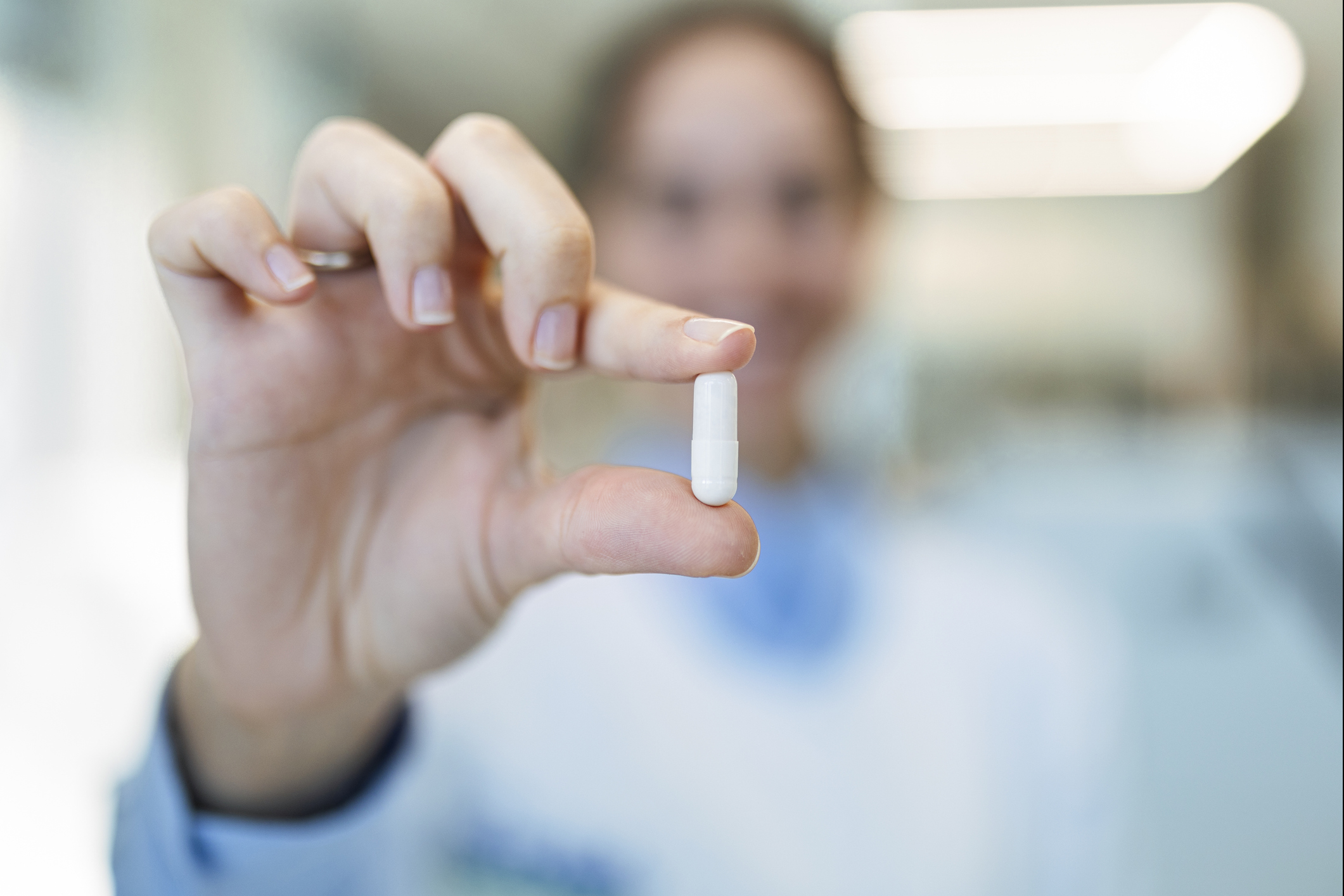

Some human studies have found no clear link between vitamin D and cancer protection, while others indicate an undeniable connection…
For example, studies have shown that people who live near the equator, with higher exposure to the sunlight that produces more of the “sunshine vitamin,” have lower incidences of certain cancers and even lower death rates.
In lab and mouse models, researchers have found that vitamin D slowed cancer progression. In a large-scale human study, people who took vitamin D each day had a 17 percent lower risk of ending up with advanced cancer spread throughout their bodies.
Thankfully, these hopeful signs have spurred continuing research, revealing what could be a “game changer for the field of vitamin D as it relates to cancer”…
The power of p53
Researchers in Japan conducted a randomized clinical trial that included 392 patients with digestive tract cancers, including colorectal cancer, who were followed for a median of 3.5 years.
During this study, the researchers took an especially close look at the p53 gene, which produces a protein that prevents cells from becoming malignant. In cancer, the p53 gene becomes mutated, and the mutated p53 protein helps the cancer to grow and become immune to cancer therapy. But some people have an immune system that produces antibodies to control the production and release of this mutated p53 protein.
In the study, participants whose immune system produced those antibodies had a 27 percent reduction in risk of relapse or death if they also took 2,000 IUs of vitamin D3 daily — compared with participants in the same subgroup who did not take vitamin D supplementation.
Participants whose immune systems did not produce the antibodies received no survival benefit from taking vitamin D.
In a commentary in JAMA Network Open on the study, Dr. Michael F. Holick, a professor at Boston University Chobanian & Avedisian School of Medicine, says these results support the conclusion that improvement in vitamin D status through vitamin D supplementation can be an effective strategy for improving survival outcomes of cancers, especially of the digestive tract.
Sun and diet aren’t enough
He notes that this amount can’t be achieved from diet or sunlight alone.